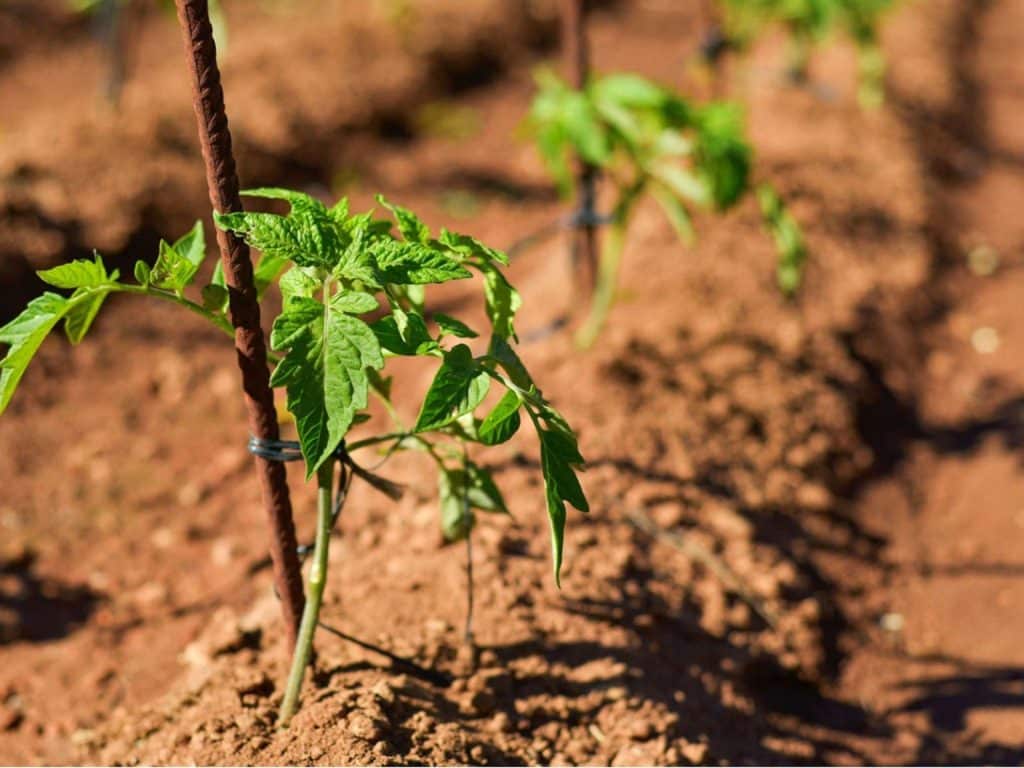Pests can be a real nuisance, whether they invade your home or garden. From ants and aphids to rodents and roaches, these unwelcome guests can wreak havoc on your peaceful living spaces. Traditional pest control methods often involve chemical pesticides, which, while effective, come with their own set of problems. These chemicals can be harmful to humans, pets, and the environment. This article aims to provide a comprehensive guide to the best organic pest control methods that are effective and safe for you and the planet.
Contents
Why Organic Pest Control?
The health implications of using chemical pesticides are far-reaching. These chemicals can contaminate the soil, water, and even our air. Long-term exposure to such chemicals can lead to various health issues, including respiratory problems, skin irritations, and even more severe conditions like cancer. Pets are also at risk, as they can ingest these chemicals while playing in the yard or garden.
Moreover, the environmental impact of chemical pesticides is devastating. They can lead to soil degradation, water pollution, and harm to non-target plants and animals. On the other hand, organic pest control methods are designed to be environmentally friendly. They break down naturally and do not pose the same risks to the ecosystem. Additionally, many organic methods have proven to be as effective as their chemical counterparts, making them a viable alternative for long-term pest management.
Understanding Your Enemy
Before diving into organic pest control methods, it’s crucial to understand the pests you’re dealing with. Different pests have different life cycles, habitats, and feeding habits. For example, aphids tend to attack new growth on plants, while ants are often attracted to sweet substances. Knowing the pest-causing problems will help you choose the most effective organic control methods.
Understanding the life cycle of a pest is equally important. Many pests have specific breeding seasons, and their populations can explode if not controlled in time. For instance, mosquitoes breed in stagnant water, and their numbers can quickly get out of hand during the rainy season. By understanding these cycles, you can take preventative measures immediately, reducing or eliminating the need for reactive pest control methods.
Preventative Measures
Preventative measures are one of the most effective ways to manage pests organically. Proper garden design, for example, can go a long way in deterring pests. Plants spaced too closely can create a humid environment that attracts pests like aphids and whiteflies. On the other hand, spacing plants properly allows for better air circulation, making it less hospitable for these pests.
Physical barriers can also serve as excellent preventative measures. Fences can keep out larger pests like rabbits and deer while netting can protect fruit trees from birds. Another interesting method is companion planting, where certain plants are grown together to mutually benefit each other. For example, planting basil next to tomatoes can help repel tomato hornworms. These preventative measures reduce the need for reactive pest control and contribute to a healthier, more balanced ecosystem.
Biological Control
Biological control is a cornerstone of organic pest management, leveraging nature’s mechanisms to keep pest populations in check. One common method is the introduction of predatory insects that feed on the pests you’re trying to control. For example, ladybugs are natural predators of aphids and can significantly reduce their numbers. Similarly, spiders are effective in controlling a variety of insects, including mosquitoes and flies.
Another form of biological control involves the use of microbial insecticides. These are bacteria or fungi that infect and kill specific pests. For example, Bacillus thuringiensis (Bt) is a highly effective bacterium against caterpillars but harmless to humans and pets. These microbial insecticides are available in various formulations and can be applied like chemical pesticides, offering an effective and eco-friendly alternative.
DIY Organic Pesticides
Making organic pesticides can be rewarding and effective for those who prefer a hands-on approach. Neem oil, for instance, is a natural insecticide that disrupts the life cycle of many pests. It’s safe for humans and pets and can be easily applied using a spray bottle. Another simple yet effective DIY pesticide involves a mixture of garlic and onion. This pungent concoction can deter various pests, from ants to zucchinis.
Soap sprays are another DIY option that can be highly effective against soft-bodied insects like aphids and spider mites. A simple dish soap and water mixture can be sprayed directly onto the affected plants. The soap dissolves the protective outer layer of these pests, causing them to dehydrate and die. However, it’s essential to rinse the plants with water after a few hours to minimize any potential damage to the foliage.
Commercial Organic Options
While DIY methods are effective, they may not be feasible for everyone, especially those with large areas to cover. Thankfully, several commercial organic options are available that are both effective and easy to use. Organic sprays, for example, come in various formulations targeting different types of pests. These sprays are usually made from natural ingredients like essential oils and are safe for humans and pets.
In addition to sprays, organic traps, and baits are available for controlling larger pests like rodents. These traps often use natural substances to lure the pests in, eliminating the need for synthetic chemicals. For instance, some mouse traps use organic peanut butter as bait. These commercial options offer a convenient and effective way to manage pests without resorting to harmful chemicals.
Monitoring and Maintenance
Consistent monitoring is key to effective organic pest control. Regular checks of your garden or home can help you identify potential problems before they escalate. Look for signs of pest activity, such as chewed leaves, droppings, or visible pests. Early detection allows you to take immediate action, reducing the need for more drastic measures later.
Record-keeping can also be a valuable tool in your organic pest control arsenal. Keeping a journal of what methods you’ve tried, what worked, and what didn’t can provide valuable insights for future pest control efforts. Seasonal care is another important aspect to consider. Different pests are active at different times of the year, and your control methods should adapt accordingly. For example, applying a layer of mulch in the fall can help prevent winter pests like voles and moles.
Common Mistakes to Avoid
Even with the best intentions, mistakes can happen. One common error is overwatering your plants, which creates a breeding ground for pests like mosquitoes and fungus gnats. Overwatering can also lead to root rot, weakening the plant and making it more susceptible to pest attacks. Another mistake is ignoring the early signs of a pest problem. A few ants or aphids may seem harmless, but they can quickly multiply and become a significant issue if not addressed promptly.
Ignoring the importance of preventative measures is another common mistake. Many people resort to reactive pest control methods, which can be less effective and more damaging in the long run. Preventative measures like proper garden design, companion planting, and regular monitoring can go a long way in keeping pests at bay, reducing the need for more aggressive methods.
The Bottom Line
Organic pest control methods offer a safer, more sustainable alternative to traditional chemical pesticides. From understanding the pests you’re dealing with to taking preventative measures and choosing the right control methods, this comprehensive guide has provided valuable insights into managing pests the organic way. Whether you opt for biological control, DIY organic pesticides, or commercial options, the key is to be proactive and consistent in your efforts. By doing so, you not only protect your home and garden but also contribute to a healthier, more balanced ecosystem. So why wait? Start implementing these organic pest control methods today and enjoy a pest-free living space without compromising your health or the environment.







